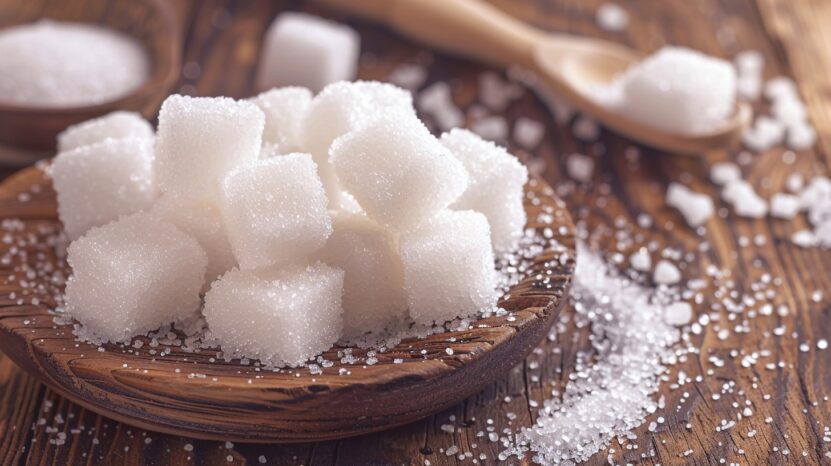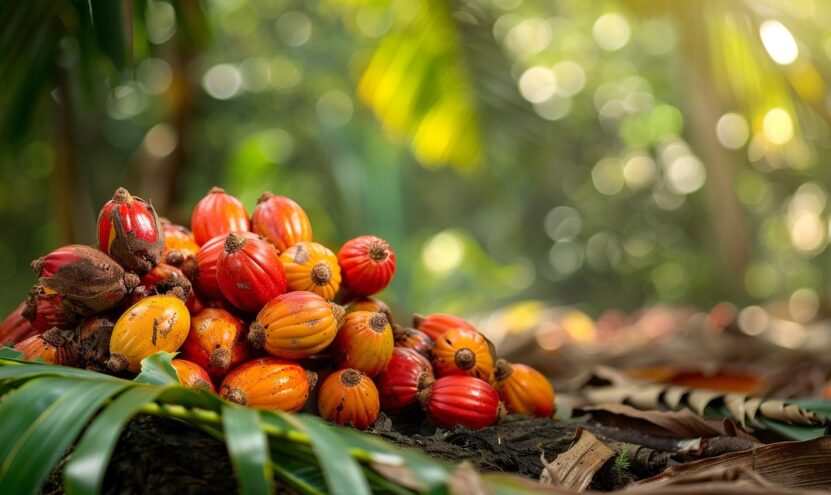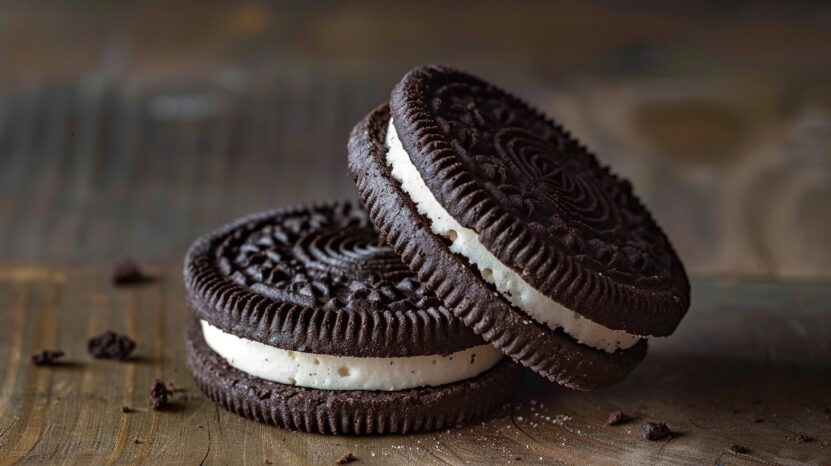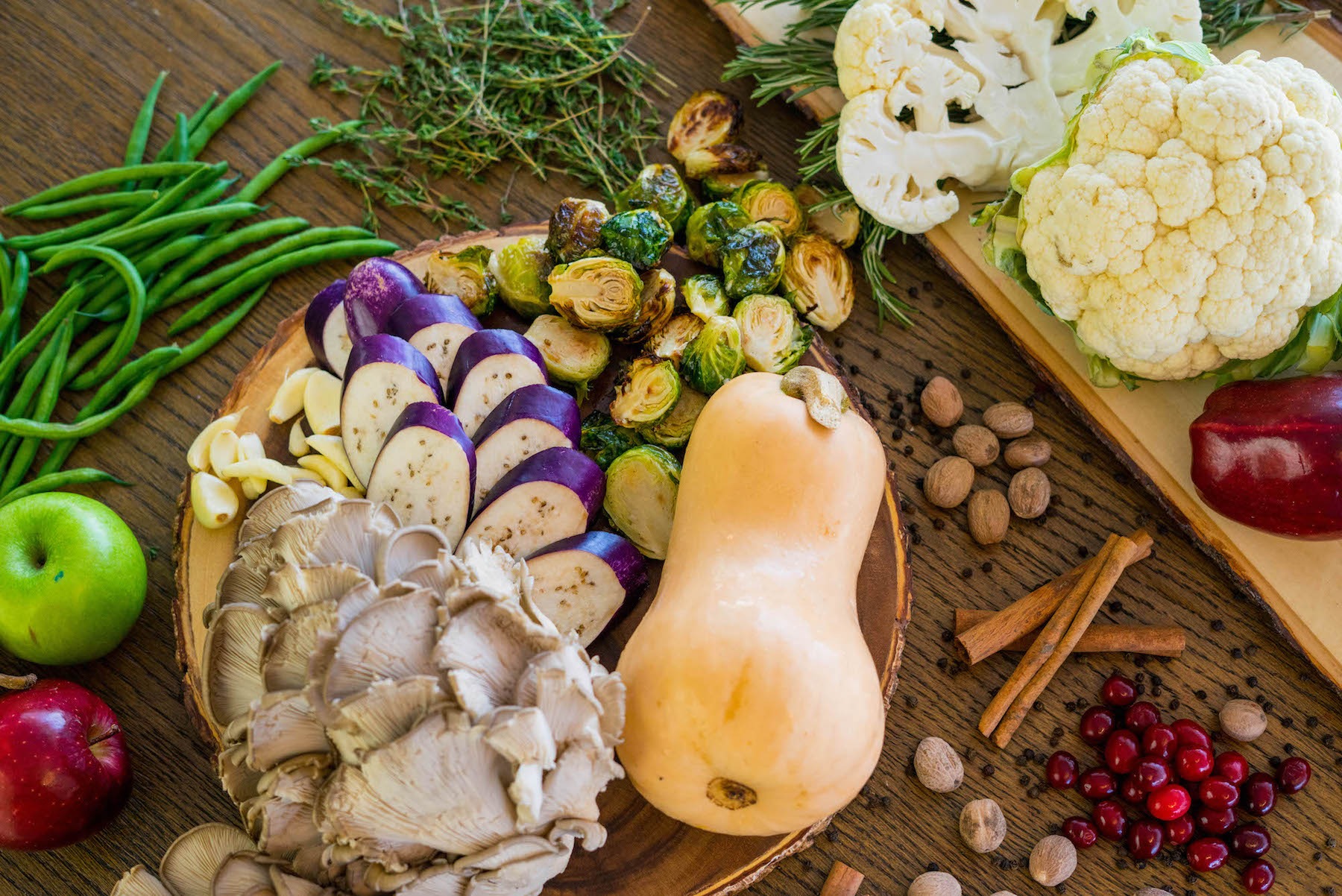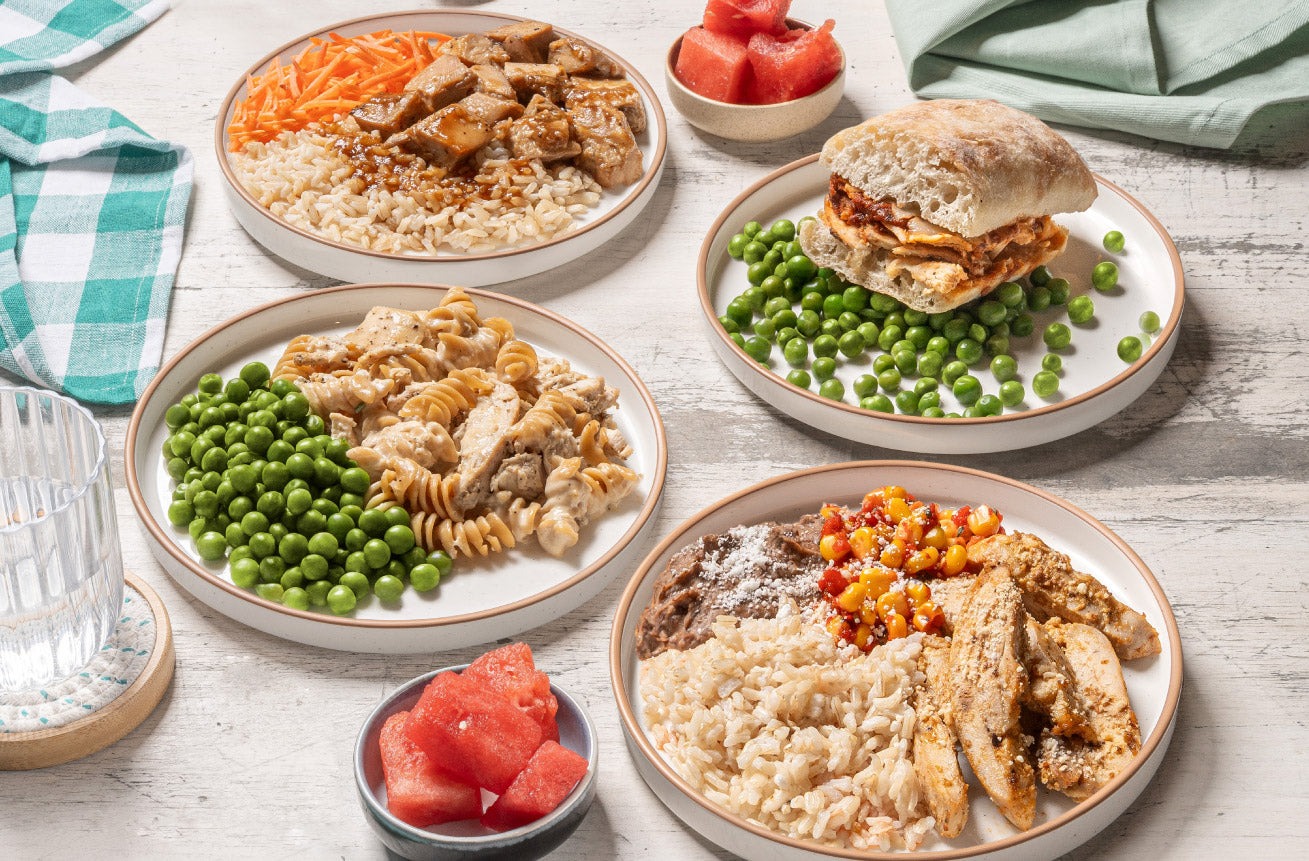
Share Post:
The answer is yes, classic Oreos are technically vegan since they don’t have any direct animal ingredients. But it’s a bit more complicated when you think about how the sugar is processed, the palm oil used, and the risk of cross-contamination. In this post, we’ll dig into all that so you can decide for yourself.
The Ingredients of Oreos
Let’s look at the ingredients of classic Oreos. According to their official website, the primary ingredients are:
- Sugar
- Unbleached enriched flour (wheat flour, niacin, reduced iron, thiamine mononitrate [vitamin B1], riboflavin [vitamin B2], folic acid)
- Palm and/or canola oil
- Cocoa (processed with alkali)
- Invert sugar
- Leavening (baking soda and/or calcium phosphate)
- Soy lecithin
- Salt
- Chocolate
- Artificial flavor
Which Ingredients Might be Controversial?
1. Sugar
Sugar is one of those tricky ingredients when it comes to Oreos. While sugar itself is plant-based, the way it’s processed can be a bit of a gray area. Some sugar is refined using bone char, which is made from animal bones to make the sugar super white.
Not all sugar is processed this way, and it really depends on where and who makes it. In the U.S., some companies use bone char, and some don’t.
Nabisco, the company that makes Oreos, has not specified whether the sugar in their cookies is processed with bone char. This lack of transparency makes it difficult for strict vegans to determine if Oreos meet their dietary standards. For vegans who strictly avoid any potential animal products, this uncertainty can be a significant concern.
2. Palm Oil
Then there’s palm oil. Sure, it’s plant-based, but its production often comes with a lot of baggage. The environmental destruction and worker exploitation tied to palm oil make many vegans steer clear of it. The deforestation from palm oil farming can destroy habitats for endangered species and ramp up climate change.
Nabisco uses palm oil in Oreos, which can be a deal-breaker for vegans who care about the environment and human rights. While some companies are trying to source palm oil more ethically, the industry as a whole has a lot of issues. This makes it tough for consumers to make fully informed choices.
Cross-Contamination with Dairy
Alright, here’s the deal: even if Oreos are technically vegan, there’s still something you need to keep in mind—cross-contamination. Nabisco has said that Oreos are made in facilities that also process dairy products. So, there’s a chance that trace amounts of dairy could end up in your cookies because they share the same equipment.
For folks with severe dairy allergies or those who are super strict about their diet, this could be a big deal. Now, this might not bother everyone, but if you’re a strict vegan avoiding even the tiniest bit of animal products, you might want to think twice about Oreos.
Special Oreo Varieties
Oreos come in all sorts of flavors and special editions, and the ingredients can vary a lot. Some varieties have milk-based ingredients like whey or milk powder. Seasonal and limited-edition flavors often switch things up and might not be vegan-friendly.
Always check the ingredient list on the package for each specific Oreo variety. What’s vegan in one flavor might not be in another, so staying on top of those labels is super important. This ingredient shuffle means vegans need to stay alert if they want to enjoy these treats.
Vegan Certification
Some products come with a vegan certification, showing they meet strict vegan standards. Unfortunately, Oreos don’t have this certification. This means no independent organization has confirmed they’re free from animal products or cross-contamination. For those wanting to avoid animal products completely, vegan certifications give extra peace of mind.
This missing certification might be a deal-breaker for some vegans when deciding whether to eat Oreos. Vegan certification involves tough testing and standards that can reassure consumers. Without it, we have to rely on ingredient lists and manufacturer statements, which can be a bit murky.
On that note: Is bread vegan-friendly? How can you find that out?
Alternatives to Oreos
If you love the taste of Oreos but want to dodge potential ethical and contamination issues, there are alternatives. Several brands make Oreo-like cookies that are clearly labeled vegan. These cookies use certified vegan ingredients and production methods to meet vegan standards.
In Summary – Are Oreos Suitable for Vegans?
The answer isn’t straightforward. For many vegans, classic Oreos might seem vegan-friendly since they don’t have obvious animal-derived ingredients. But the way sugar is processed, the use of palm oil, and the chance of dairy cross-contamination mean that some strict vegans might avoid them.
In the end, it’s about how you define veganism and what you’re comfortable with. Some vegans might be okay eating Oreos, while others might steer clear due to ethical or contamination concerns. Knowing these details helps you make choices that match your values.
Related Posts:
- How Long Does Dry Ice Last? Everything You Need To Know
- Can You Use a Blender as a Food Processor? Things…
- Should You Be Using Raw Vegan Protein Powder? Health…
- Do Baked By Melissa Cupcakes Need To Be Refrigerated?
- Is That Online Cake Recipe Legit? Why You Shouldn’t…
- Is Your Bread Vegan-Friendly? Here’s How to Tell


